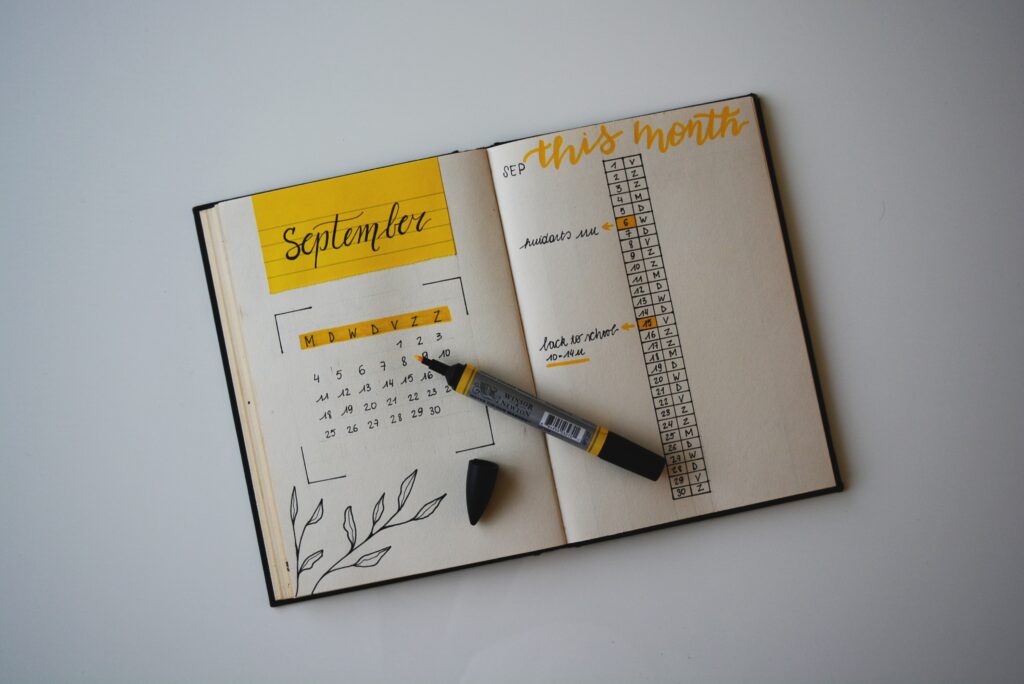
When I was in seventh grade, my teacher repeatedly told our class that “neatness was the key to success.” As I became an adult and moved out on my own, I soon discovered that organization was indeed crucial to life running smoothly. I realized that having a system in place to keep important financial, medical, and tax documents in locations where I could find them easily — both digital and print copies — made handling the business side of “adulting” much easier. Even smaller tasks like deciding what to do with snail mail to ensure it doesn’t pile up has allowed life to flow better.
RELATED: 5 Best Apps for Organizing Your Life
A few months ago, my computer crashed and I had multiple extended power outages due to storms. I realized that being 100% reliant on technology created a level of vulnerability I hadn’t considered. So, I quickly came up with ways to become better organized — online and off.
Organize your contact information
After the death of a family member, I found that in times of difficulty, having contact information at your fingertips is one way of making a challenging time easier. So, I bought an inexpensive three-subject notebook from Target and devoted different sections to listing email addresses and phone numbers for my extended family. I also keep the information in my phone and in Google doc on my computer.
I asked relatives who live alone but aren’t nearby to share the names and phone numbers of someone geographically close to them that I could contact in an emergency. My 95-year-old grandmother gave me the name and phone number of her next-door neighbor, as did an uncle who lives across the country. It was a relief to know that if I couldn’t reach them directly, there is someone close by to contact. If I ever needed to share this information quickly, I could do so by just handing the notebook to someone — without having to surrender the privacy of my phone.
Keep important household documents together
I have a file folder where I keep information like my apartment lease, account numbers, and phone numbers for utilities. When my internet went down and I wanted to call to find out when it would be restored, I was able to access my account quickly because I knew where I had written the information down. It didn’t help to get my service back up and running any faster, but it was a comfort to know how long I would have to wait (five hours!) instead of sitting there wondering.
RELATED: 4 Ways to Break Bad College Habits
It’s also a good idea to keep the contact details for superintendents or repair people handy. Everyone faces plumbing problems at some time or other. Being able to pick up the phone to call someone quickly to have it resolved is particularly useful. I discovered this in a panic when my toilet overflowed in the morning of my first day of a new semester in college.
Know where your medical information is stored
I keep my medical information, like health insurance and doctor’s contact information, in color-coded folders that are labeled so they are easy to find. When I had to call a medical provider about a billing error, I was able to access my insurance plan and group numbers easily. Though I keep my insurance card in my wallet, I also have a copy at home in case it is ever misplaced — or if someone else has to access the information on my behalf. Additionally, I’ve asked my parents to write down their information in case I need to access it for them.
Use a calendar to keep track of bills
Because my bills are on different schedules throughout the month and I am determined not to pay late fees due to forgetfulness, I mark on a calendar when payments are due and when I have paid them, along with the amounts. I use both a desk calendar and Google calendar so that the information is readily accessible. I find this works best for me — and it helps me manage my finances more easily.
RELATED: 7 Productive Things You Can Do in 10 Minutes or Less
Make a daily to-do list
As a freelancer with multiple projects that have different due dates and requirements, I discovered that one way to prioritize my day is to use a small white board. (Again, thanks to Target, I found an inexpensive one!) At the start of my day, I make a list of my most pressing tasks in order of importance. It helps me to stay focused. And, I’ve found there is a special kind of joy in checking things off of the list. I may or may not have written extra things on occasion solely for that purpose. I also have used task-management sites like Trello and Asana. And Google calendar hasn’t failed me yet!
Getting organized may feel like too much work, but speaking as someone for whom being organized does not come naturally, I can say without hesitation that it is worth the extra effort. The words of my seventh grade teacher still ring true. But, as I’ve discovered, it is not only neatness that is the key to success — it is knowing how to organize your life in a way that makes sense — even if only to you.
Originally published September 4, 2020.